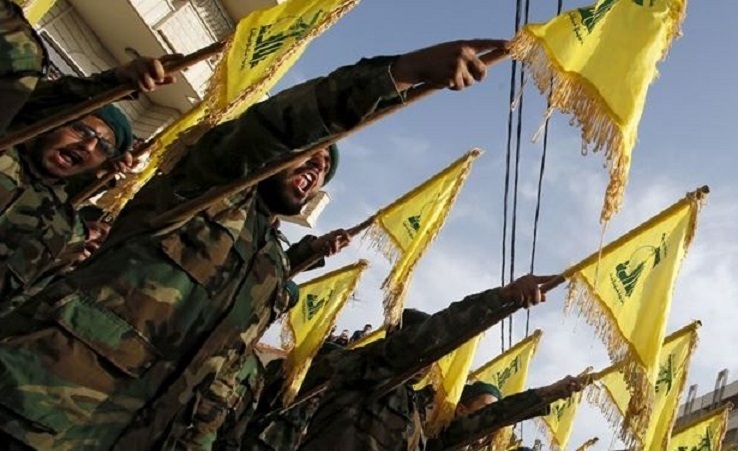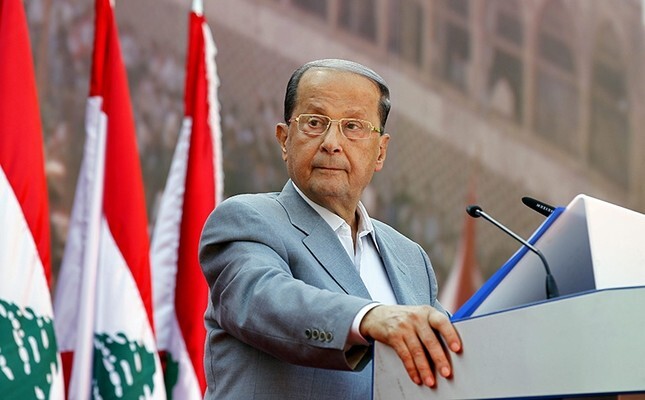Getting your Trinity Audio player ready...
Lebanon's Hezbollah and its ally Amal criticized Wednesday the delegation negotiating with Israel over their disputed sea border, calling for changing the team hours before the first meeting.
Formally still at war after decades of conflict, Lebanon and Israel agreed to launch talks via U.S. mediation over a maritime border running through potentially gas-rich Mediterranean waters.
This follows three years of diplomacy by Washington and comes weeks after it stepped up sanctions on political allies of Iran-backed Hezbollah in Lebanon, a country deep in financial crisis.
In an overnight statement, Hezbollah and Amal, Lebanon's two main Shi'ite parties, said the negotiating team must include only military officials, without any civilians or politicians.
"The two demand immediately rowing back from this decision and re-forming the delegation in line with the framework agreement," it said.
There was no immediate comment from the office of Lebanese President Michel Aoun, a Hezbollah political ally, which took charge of forming the team. The presidency said on Tuesday the negotiations would be exclusively technical.
Hezbollah has said the talks did not signal peace-making with long-time enemy Israel. The two last fought a deadly month-long war in 2006.
Wednesday's meeting is due to be hosted by the UN peacekeeping force that has monitored the also contested land border since Israel's withdrawal from south Lebanon in 2000, ending a 22-year occupation.



